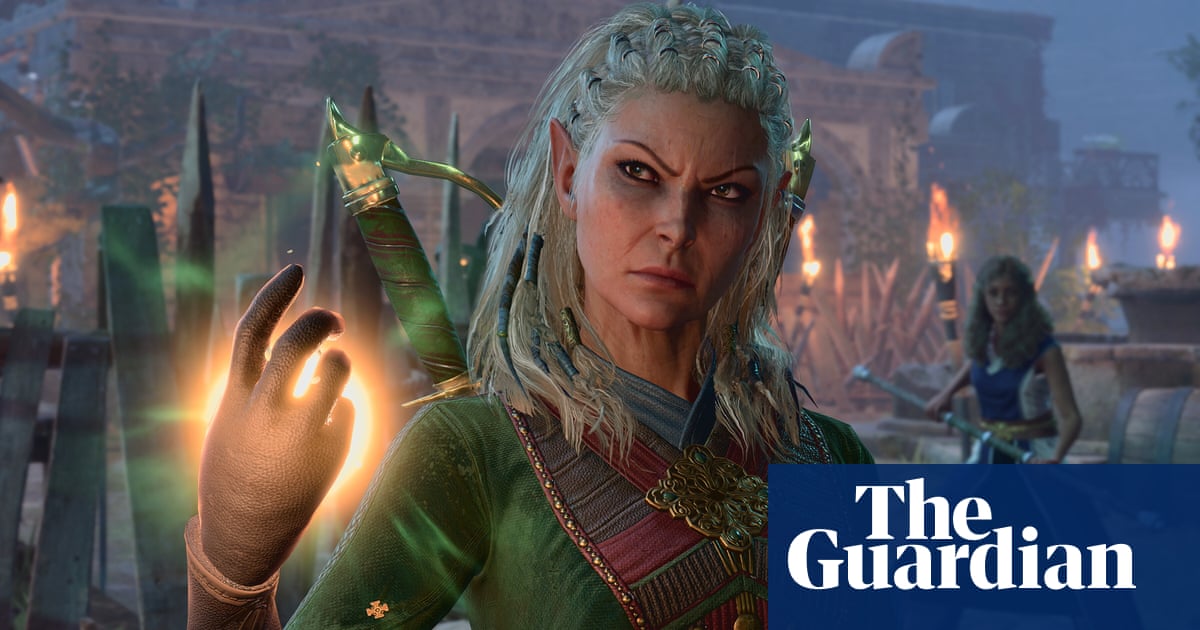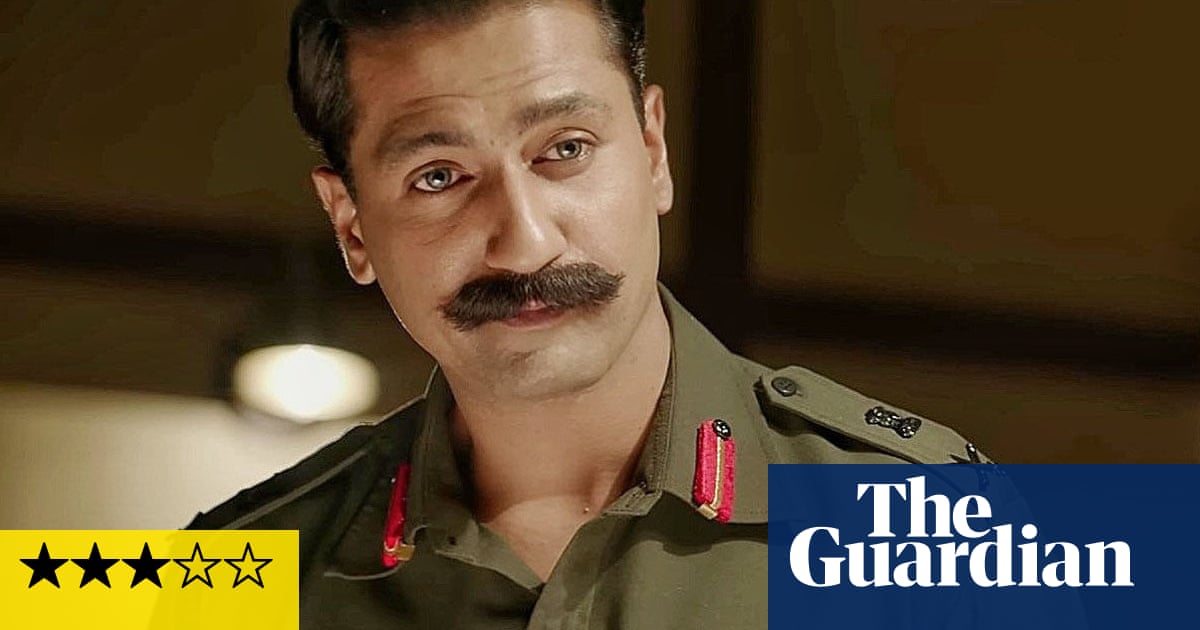
Priyanka Bairwa was 15 when her family began to look for a husband for her. The pandemic sped up the process, as schools shut and work dried up. By October 2020, her parents had settled on a suitable boy from their village of Ramathra in the district of Karauli, Rajasthan.
But Bairwa, now 18, wouldn’t hear of it. “During the pandemic, every family in the village was eager to marry off their girls. You’d have to invite less people, there were fewer expenses,” says Bairwa. “But I refused to be caught in a child marriage. There was a major backlash – constant fights. I finally threatened to run away and, fearing I would do something drastic, my family called it off. My mother convinced them to let me study and I joined a college.”
The pandemic has put millions of girls at an increased risk of being forced into marriage and never returning to school. Childline India reported a 17% increase in child marriage in June and July last year when lockdown was eased.
In Rajasthan, one in three women aged 22 to 24 were married before the age of 18, according to government data.
Bairwa, who is Dalit, considered the lowest caste in India, defied the trend. And then did more: starting a movement of young women and girls, Rajasthan Rising, centred in Karauli’s villages to rally for their right to free education, scholarships for higher education and freedom from child marriage, child labour and caste and gender discrimination.
“I launched the campaign because I knew thousands of other girls were facing similar problems, being pulled out of school and forced into early marriage. Education is supposed to be free until grade 8 [age 14] but never is. Schools impose ‘development’ fees. Scholarships promised to students from marginalised communities never arrive on time,” she says.
She began with 10 friends. “We began to visit other villages and, with the help of local activists, held meetings, gathering more girls and making them aware of their constitutional rights. Village elders were often wary, many did not allow us in. But we kept returning; soon we had 100 girls in the group.”
Over the next few months, their numbers swelled to more than 1,200 and, by March this year, it became a formal alliance, spreading further across the state. They learned to use laptops and the internet, contacting education officers, political leaders and state ministers to seek meetings where they presented their goal: every girl to receive free education until grade 12, age 17 to 18, along with a minimum scholarship of Rs 5,000 (£49) at the start of every school year.
The girls took Rajasthan Rising to the streets. They painted slogans on walls calling for free girls’ education and against child marriage. They wrote about discrimination, and emailed Rajasthan’s chief minister, Ashok Gehlot, who sent them a note of encouragement. “Many villagers called us mad. But we had a clear goal, to reach vulnerable girls in all 33 districts of the state and demand long-term change,” says Bairwa. The eldest of four, she was drawn to the cause when she went with her mother to her cleaning job at the offices of non-profit, Alwar Mewat Institute of Education and Development, in the town of Sapotara.
“I found my voice there, where I was treated as an equal. I listened in to meetings about child marriage and education for girls. I learned how to create awareness and lead campaigns,” she says.
Vineeta Meena, 20, joined Bairwa. “Our group has intervened and stopped several child marriages. In my village, Gokalpur, my neighbour Saira Bano, 16, was about to be married last year. We formed a group and kept going to her house to protest until her family promised to call it off,” she says. Bano has now joined Rajasthan Rising. In March about 120 of the young women left their homes to travel to Jaipur, accompanied by regional education activists, for the group’s first state-level meeting. Over three days, they discussed breaking gender barriers and bringing about change.
“Our demands are quite basic, so we are confident we will be heard. It’s clear that if education is made completely free, we can prevent dropouts and, in turn, child marriage,” says Najiya Saleem, 19, a Rajasthan Rising leader from Alwar, whose sister was married early.
Abhishek Bairwa, the village head of Salempur, is one of those supporting the campaign. “Their demands are important for every home in our village, which is among the most behind in the region. As girls become more aware of their rights, so do their families. I hope it becomes a national movement,” he says.
Karauli’s education officer Ganpat Lal Meena has invited the group to submit their suggestions to him, noting that this level of mobilisation marks a shift in how education and child marriage is seen in the region. Vineeta Meena agrees: “Being part of this collective makes me feel that we are no less than anyone. We can do anything. I feel more free.”












